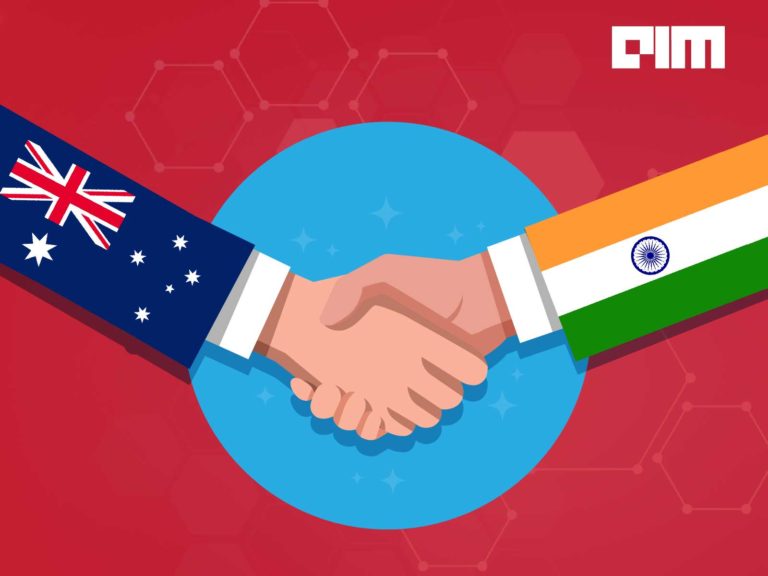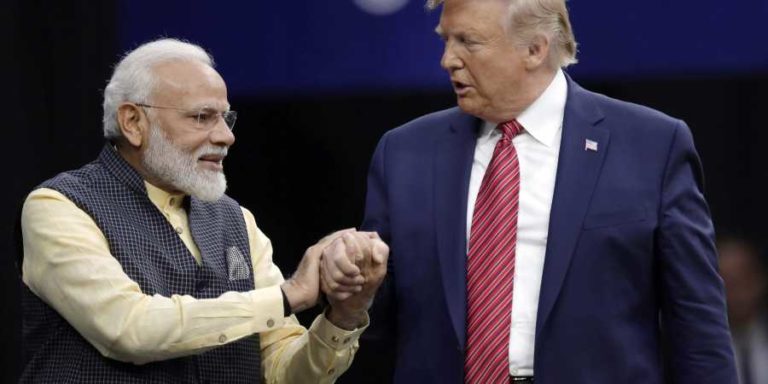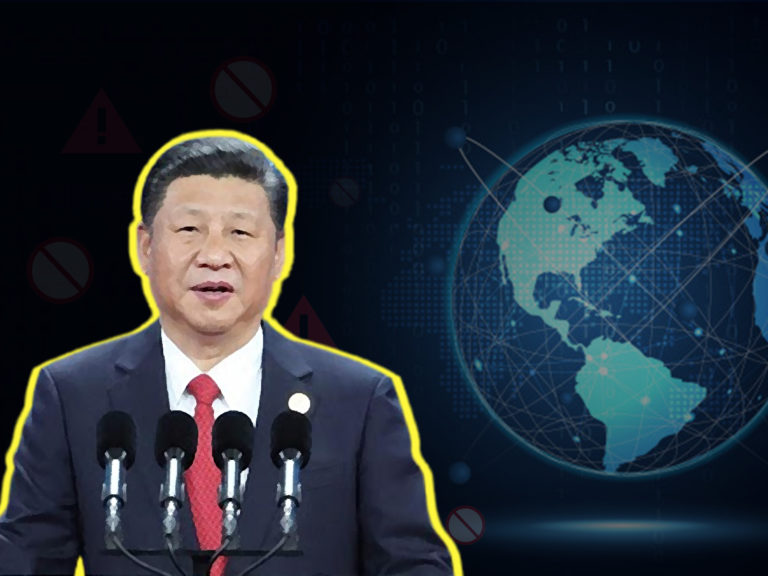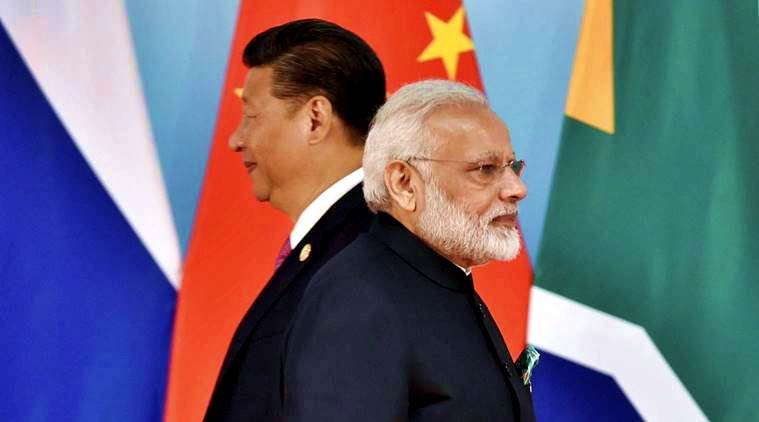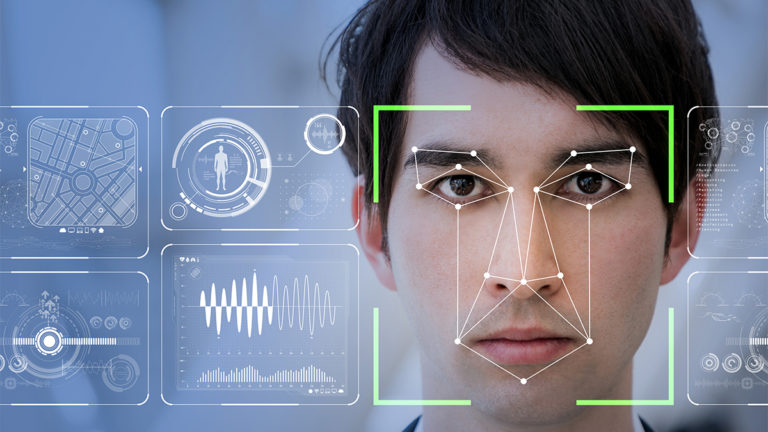“It’s [G7] a very outdated group of countries. We want Australia, we want India, we want South Korea.”
-Donald Trump on G7
The U.S. last week has announced that it will be joining the group, called the Global Partnership on AI, a decision that was reversed from the stance they have taken previously. This group, according to Michael Kratsios, the CTO of the U.S., will study and provide recommendations of AI technologies that respect privacy and civil liberties.
Iterating on why they had to reverse their decision, Kratsios acknowledged that the Trump administration had been sceptical as regulations can hamper innovations. And how important it is now to check on China’s approach to AI, which according to Kratsios, “has twisted AI in ways that are in direct conflict with the values of the U.S. and its allies.”
Tomorrow, the U.S. will join G7 nations in launching the Global Partnership for Artificial Intelligence, an international effort to advance AI underpinned by our shared democratic values. https://t.co/RbdjYo8NR1
— Michael Kratsios (@USCTO45) May 28, 2020
The G7 group consists of the seven largest advanced economies in the world that includes Canada, France, Germany, Italy, Japan, the United Kingdom and the United States. Now, as per President Donald Trump statements, he finds the current group outdated and wants countries such as India, South Korea and Australia to join the ranks. President Trump even offered to invite Vladimir Putin of Russia to the expanded G7 meeting in September.
Objective Of The Panel
This international panel of wealthiest democracies (aka G7) was an initiative pushed by Canada and France back in May 2019. As stated by the French officials in a statement, the objective of this panel is to realise the full potential of AI that benefits all citizens requires international collaboration and coordination
The main agenda of the panel was as follows:
- Promote human-centric and ethical approach to AI, grounded in human rights and support a multi-stakeholder approach
- Stimulate innovation, growth and well-being through AI
- Align efforts on AI with the achievement of the 2030 Agenda
- Foster transparency, diversity, accountability and inclusion through AI
- Promote and protect democratic values and institutions
- Promote international scientific collaboration on AI
What Can Be The Implications
According to ABI research, the US accounted for 52.3% of the global publicly available venture capital for AI startups and invested $9.7 billion in 2018 eclipsing China, which stands next to its rival with investments close to $7.4 billion in 2018.
Being the top contributor of AI, the presence of the US on the panel will have wider implications than by any of its G7 counterparts.
For years, American tech executives have suggested that Chinese influence could erode free speech around the world because companies in China are required by law to censor politically sensitive topics while allowing authorities access to users’ data.
And, since global dominance has been the de facto theme of many of the Chinese government’s major initiatives in the last couple of decades, it is critical to make sure the world does not hand over the future to a single nation. For instance, according to China Standards 2035, they plan on writing international rules for the technologies that will be used in future, from AI to IoT.
While the Chinese vows to tighten the screws on the espionage of ideas, it also pushes for an indigenous, AI supremacy that would finally give credibility to MADE IN CHINA. Top AI companies and research labs across the world, however, should be aware of the past and frame their IP policies more diligently.
Though the US prime motive might be to check China in its “twisting” methodologies, the broader objective of this international panel can result in a rulebook that might force the companies like Google and other large internet companies to follow. These tech giants, although have been voicing the need for privacy and innovating on tools that promote transparency on AI, there is no common understanding across the globe how some technology will change the way we live forever. For instance, when OpenAI released its text generation AI model, there were concerns related to the proliferation of fake news. But now the technology is out in the open.
AI is a double-edged sword, and the nations have to find a sweet spot that can blunt the malicious end of it while not hampering the innovation.
Going Forward
AI’s ramifications for the future of human development are profound. The first step in maximizing the widespread benefit of AI, while addressing ethical, legal and regulatory challenges, is to create a common factual basis for understanding artificial intelligence.
However, there is growing confidence amongst the advanced economies towards AI adoption, and it will continue to do so. Governments will continue to invest in AI heavily in the coming decade. For instance, India has a well laid out plan, a national strategy for AI by its think tank NITI Aayog. This report covered various aspects of using AI, including the ethical side of it. Having a nation like India, which en route to become a global digital hub will be a great addition to the panel and to the future of AI.
The International Panel on Artificial Intelligence aims to support and guide the responsible development of artificial intelligence that is grounded in human rights, inclusion, diversity, innovation, and economic growth. The Panel with the inclusion of India and other developing nations can bring together many of the greatest global AI experts and foster international collaboration and coordination on AI policy development.
A global elite panel or a watchdog to say the least, for AI usage, can help draw the line before things go out of hand. If things go as planned, this international group can come up with some agreements that will promote the development of AI while checking their malicious usage. It can be thought of as a watered-down version of the nuclear proliferation treaty, but unlike nuclear energy, almost every country with decent internet services can leverage AI.
Also watch:






